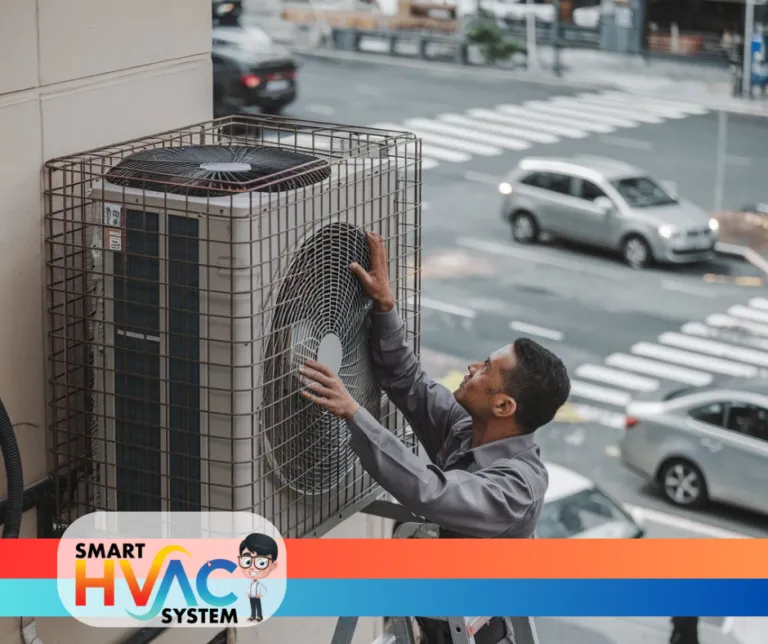Your air conditioner plays a vital role in keeping your home cool and comfortable—especially during the hottest days. But like any system, it can develop problems over time. Knowing the signs that indicate you may need air conditioning repair can save you money and avoid major breakdowns.
1. Weak or Warm Airflow
If your air conditioner is running but not cooling effectively, check for weak or warm airflow. This could be caused by a dirty filter, low refrigerant, or a failing compressor. Replacing the filter may help, but persistent issues often require professional air conditioning repair.
2. Frequent Cycling On and Off
Does your AC turn on and off more often than usual? This could be due to:
- A faulty thermostat
- Clogged air filters
- An oversized unit
Frequent cycling reduces efficiency and can lead to long-term damage. Don’t wait—schedule air conditioning repair before it worsens.
3. Unusual Noises from the Unit
Strange sounds like banging, rattling, or squealing are warning signs. They might point to loose parts, fan motor problems, or compressor issues. Early detection and air conditioning repair can prevent costly system damage.
4. Water Leaks or Moisture Around the AC
While some condensation is normal, puddles or moisture buildup are not. These may signal a clogged drain line or refrigerant leak. Addressing this early with air conditioning repair helps prevent mold or water damage.
5. Higher Energy Bills Without Increased Usage
A spike in your energy bills could mean your AC is overworking due to:
- Dirty coils
- Leaky ductwork
- An aging unit
Prevent energy waste by scheduling maintenance and air conditioning repair when needed.
6. Bad Odors Coming from the Vents
Musty smells can indicate mold, while a burning odor could suggest electrical issues. Both require immediate air conditioning repair to protect your health and home.
7. AC Not Turning On
If your air conditioner won’t turn on:
- Check thermostat settings
- Inspect the circuit breaker
If it still doesn’t work, there may be a capacitor, wiring, or compressor issue that needs professional air conditioning repair.
🧰 Final Tip: Don’t Wait for a Total Breakdown
By recognizing these warning signs early, you can avoid major problems and expensive repairs. Regular AC maintenance—like changing filters and cleaning coils—plus annual inspections, helps extend your system’s life.
If you notice any of these symptoms, contact an HVAC expert for prompt and reliable air conditioning repair.

